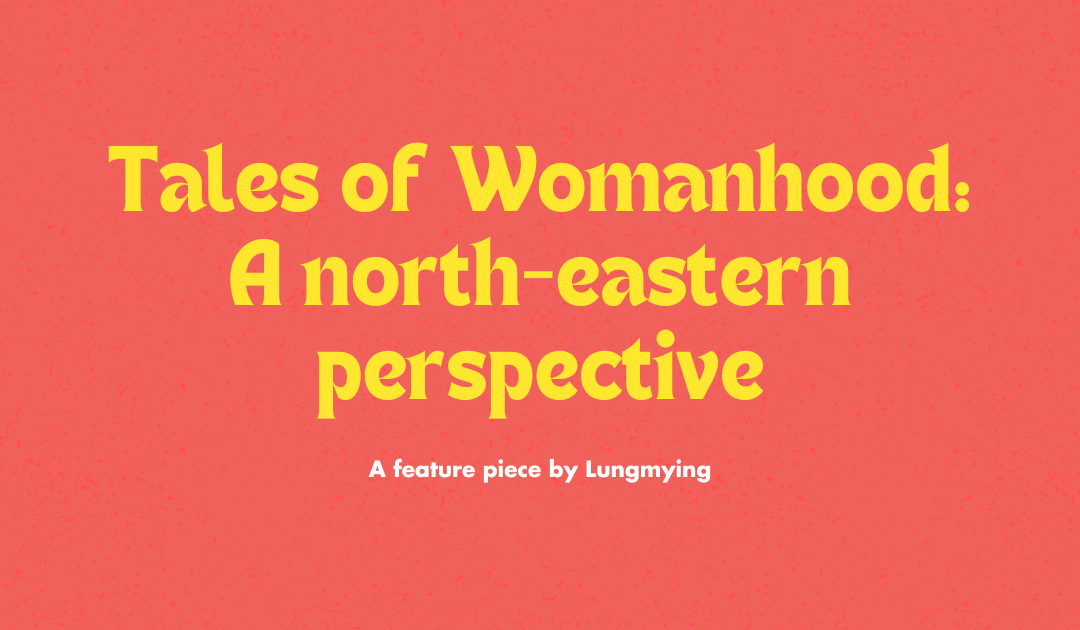This is a feature piece by Lungmying. For the DD Blog.
Coming from the serene hill station of Sikkim, a small kingdom in the foothills of the Himalayas, I was raised in the main town of Gangtok where I had many experiences as a girl child.
This isn’t just my story; it’s my mother’s and all the girls of the North East region of India. Although we proudly identify as Indian citizens, our experiences are different in that we often face racism and discrimination. The environment in the North East, especially in my hometown Sikkim, is quite different compared to the mainland.
From a young age, I was often told, “As a girl, you need to be knowledgeable in everything from academics to cooking.” One instance that proved my mother right occurred when she was feeling unwell, and her friends came over to visit. As my sister and I served them food, one guest commented, “Girls truly have to juggle it all – pursuing their education and building their own lives while also managing household responsibilities.”

I was inspired by my mother and aunts, who were all officers, yet worked hard at home. My mother would handle household chores, cook breakfast, pack lunches, and make dinner, all while studying her pathology books at night. I remember waking up to the dim light and the whispers of medical terms, only to find her deep in her gynecology books. She truly did it all.
While films showed stories of girls fighting for education and jobs to earn respect, in our hometown, women aren’t allowed to marry until they’ve earned their name. Almost every woman here has a zeal to achieve this. In states like Meghalaya, children take their mother’s surname, emphasising matriarchy.
Growing up, I often heard, “Earn your own name and study hard,” and rarely, “marriage and household.” We learned lessons about the struggles of those who quit education and the importance of perseverance. My father has been a big ally, and always supportive of my mother, even if it disrupted family time.
My experience of watching the film, “Lapaata Ladies,” was slightly different than that of other folks. When we watched the film, which depicted the treatment of women in Murkthi, we couldn’t relate as much as others. Our households are often governed by elderly women, whose voices are heard.
I’m grateful to be born in a family, a culture that celebrates my womanhood. This environment taught me to work hard and create a name for myself and that has made me the woman I am today.

